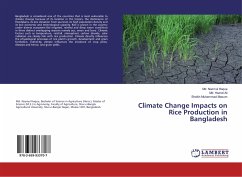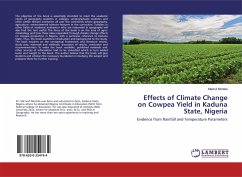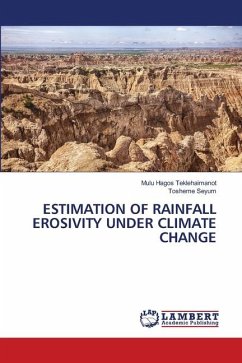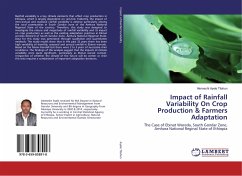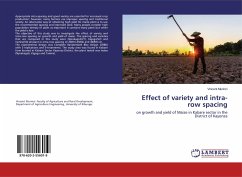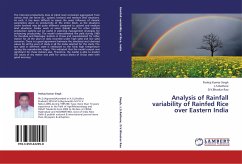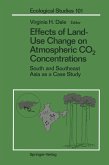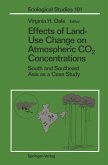Bangladesh is considered one of the countries that is most vulnerable to climate change because of its location in the tropics, the dominance of floodplains, its low elevation from sea level, its high population density and its low economic and technological capacity. Rice is grown in the country under diverse ecosystem like irrigated, rainfed and deep water conditions in three distinct overlapping seasons namely aus, aman and boro. Climatic factors such as temperature, rainfall, atmospheric carbon dioxide, solar radiation are closely link with rice production. Climate directly influences the physiological processes of rice plant's growth, development and grain formation. Indirectly, climate influences the incidence of crop pests, diseases and hence, and grain yields.

